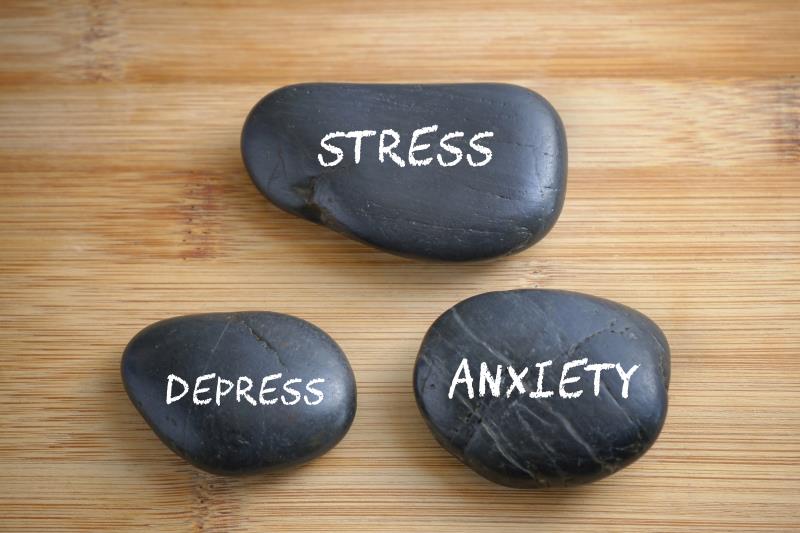COVID-19 pandemic exacerbating depression and anxiety in new mothers





The COVID-19 pandemic situation is a cause for concern. In healthy individuals, the disease may cause fear and anxiety. [Available at https://www.cdc.gov/coronavirus/2019-ncov/daily-life-coping/managing-stress-anxiety.html Accessed on 22 June] Adding this to the stress of delivery makes the risk of developing depression and anxiety is even higher in pregnant and postpartum women.
Already one-in-seven women struggle with depression symptoms in the perinatal period. The coronavirus pandemic is compounding the situation, reveals a recent study published in Frontiers in Global Women's Health, which reveals that the likelihood of maternal depression and anxiety has substantially increased during the COVID-19 pandemic.[ Available at https://doi.org/10.3389/fgwh.2020.00001 Accessed on 22 June]
Co-author of the study, Dr Margie Davenport, of University of Alberta, Canada, said the social and physical distancing measures enacted to protect individuals from COVID-19 and to reduce its spread are taking its toll on the physical and mental health of everyone, especially new mothers. She said: “We know that experiencing depression and anxiety during pregnancy and the postpartum period can have detrimental effects on the mental and physical health of both mother and baby that can persist for years."
Stress before and after delivery can lead to premature delivery, reduced mother-infant bonding, and developmental delays in infants, noted Davenport.
The study looked at 520 of whom were pregnant and 380 of whom had given birth in the past year for a total of 900 participants. They were asked about their depression and anxiety symptoms before and during the COVID-19 pandemic. It was found that before the pandemic began, 29 percent of those surveyed experienced moderate to high anxiety symptoms while 15 percent experienced depressive symptoms. However, once the pandemic started, the numbers increased and 72 percent reported experiencing anxiety and 41 percent reported experiencing depression.
Exercise and activity is an established method to mediate depression symptoms, thus being in lockdown could curtail physical exercise. Indeed, physical activities and exercise were also reduced among the study participants. A total of 64 percent had reduced their physical activity since the pandemic began, while 15 percent actually increased their activity and 21 percent reported no changes. The study found that participants who engaged in at least 150 minutes of moderate physical activity a week reported significantly lower symptoms of depression and anxiety.
The study had a few limitations, as the participants were surveyed after the pandemic began. Thus, the women could only offer their pre-pandemic symptoms on hindsight. Additionally, even though the researchers utilized validated questionnaires to determine the participants’ mental state, only mental health professionals can diagnose an individual with depression or anxiety, of which the researchers were not. Another limitation was the population being studied which consisted mainly of Canadian Caucasians (who have free healthcare); were married, living in a single-family home, and had some education to post-secondary level.
While the study focused on the impact of the COVID-19 pandemic on new mothers, maternal mental health should not be overlooked at any juncture, said Davenport. She said: “Even when we are not in a global pandemic, many pregnant and postpartum women frequently feel isolated whether due to being hospitalized, not having family or friends around or other reasons.” Therefore, she called for increased awareness of the impact of social and physical isolation on the mental health of pregnant and postpartum women, and with it, earlier diagnosis and treatment.